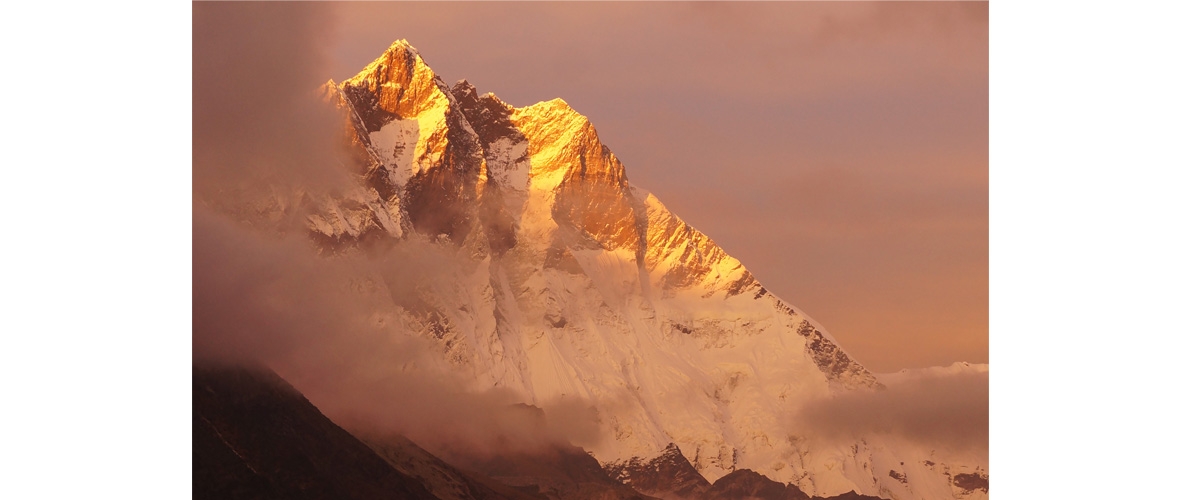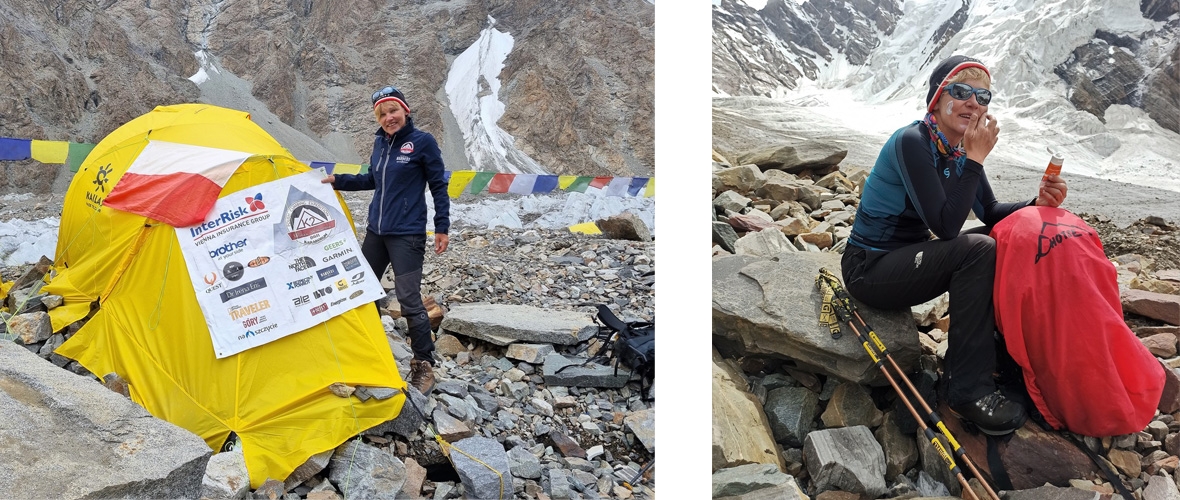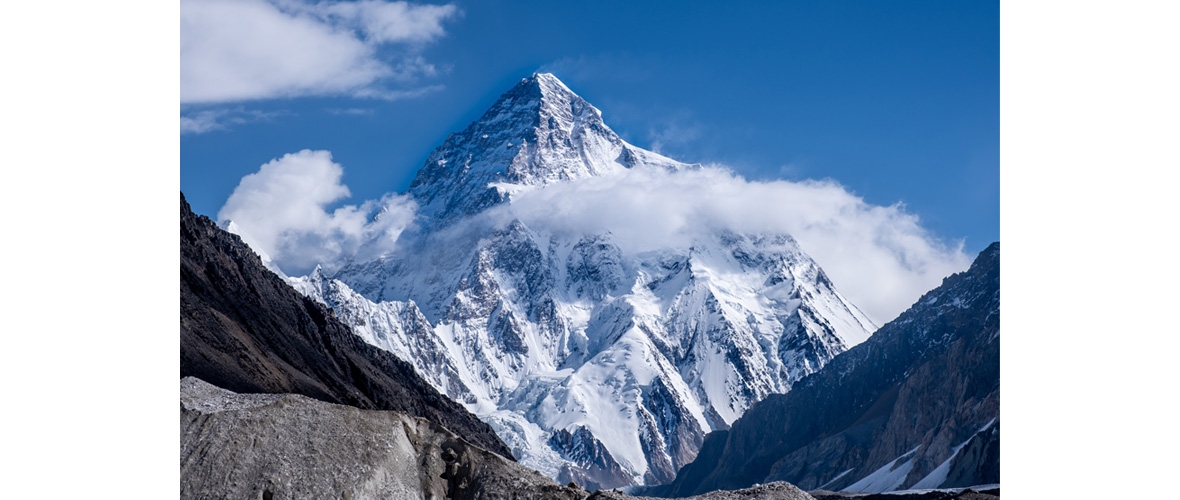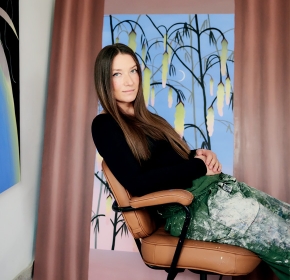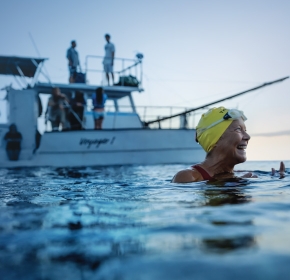Is there a gender gap in mountaineering?
I know many examples of girls performing physically as well as men. Even if we are a little weaker, the differences eventually blur. I, for example, at lower altitudes am weaker than men, and I’m not going to fight it. But higher up I make up for it, I acclimatize faster, and if you add female determination to that, ultimately it turns out that often my male companions don’t have to wait for me.
It's probably hard to generalize, because everyone is different, but what is our, women’s, advantage in this sport?
Women’s advantage is that even if we realize that we are physically weaker, we demonstrate our ability to plan and strategize. Men often take a forceful approach to many things, they want to go faster at all costs, to prove themselves, to prove that they can do it, and then it turns out that this is not an effective method in the long run. Women go their own way, sometimes perhaps slower, but in the end, we have it all better figured out.
Female mountaineers have the power!
In general, I’m not in favor of bidding in the mountains which gender is stronger - everyone should do their own thing. Undoubtedly, we have it harder because of physiology, and in the mountains, this is really noticeable. It’s not even a matter of hygienic considerations, but that during menstruation our body flushes out iron, which takes a toll on red blood cell count and oxygen distribution in the body. This weakens us severely, but does not eliminate us, because we women have a very strong psyche. This year there was a Chinese woman on K2 who climbed all the eight-thousanders without supplemental oxygen, and I must say that few men matched her. They laughed that she was probably from outer space! Simply put, the girl has an unbelievable aptitude.
I like your attitude, in one of the interviews you said that climbing is your passion. There is nothing you have to do and you don’t race against anyone.
It has always been much more important for me to experience, to explore, than to score more successes. I’m not about “patting” the summit and moving quickly to the next mountain. Of course, I appreciate those who break records, but that’s not my path. I believe that it is not so much the goal that’s important, but the journey to get there. Sometimes I prefer to reach my destination a little later, but have time to admire the views, exchange a few words with someone along the way, experience the here and now.
The process is more important than measurable success. It’s also the opposite of standing up and fighting to win.
Everyone has a different approach to mountains, and I’m definitely more about traveling than sports. I’m often asked how many countries I’ve been to, and I once calculated that there were about 180, but for me it’s important to get to know them, not tick them off. My goal is not to visit every country in the world, and the same goes for the mountains. After expeditions, most climbers, coming down from the summit, want to return to civilization as soon as possible. On K2 this was very common – people, not yet reaching the base camp, connected by radio to order porters for them. I did connect too, but to ask the opposite. I wanted to make sure that, by chance, no one ordered me transportation right away, because I wanted to stay in this base for a while longer. This is an important time for me to internally digest the expedition. I want to have time for a personal conversation with the mountain.
In the language of mountaineering itself, there are terms, such as “summit attack,” suggesting that mountains are attacked, conquered and abandoned. And you once said that you climbed K2 because the mountain is simply beautiful and you have always liked it. That’s a completely different way of thinking and feeling.
Oh, I hate these military expressions so much. We once discussed the subject with a sailor friend and came to the conclusion that, after all, you don’t fight with nature, you just have to get along with it. For me it is important to bond with the mountain, even if ‘m not planning to conquer it – you see? I always hesitate to use this term, look for synonyms. I don’t treat any expedition as unsuccessful, each one has taught me something and always brings interesting experiences. There were mountains I went to for social reasons, but most of the ones I climbed, I chose because I liked them very much visually. K2 is undoubtedly phenomenal, and so is the Matterhorn, in the Western Alps (4,478 m), they, somehow, captivated me. The desire to know them and stay on the mountain, not to score another peak, is always the starting point for me to consider going on an expedition.
